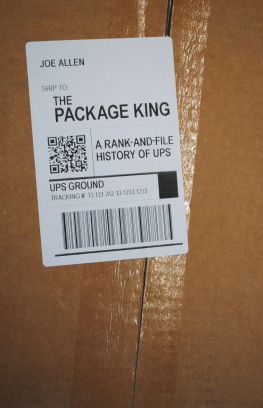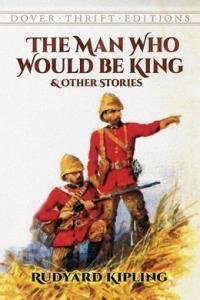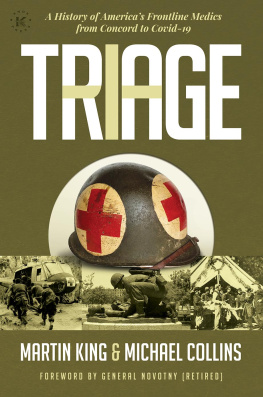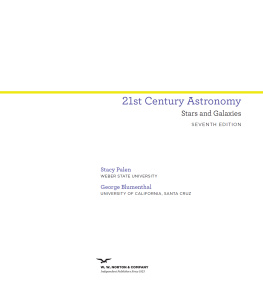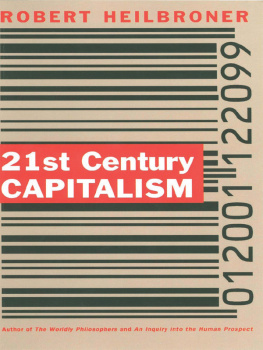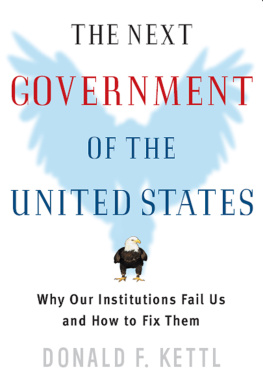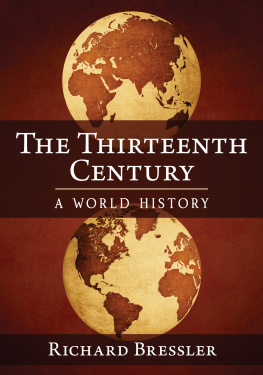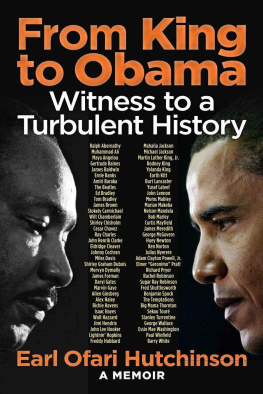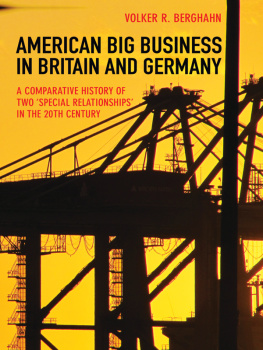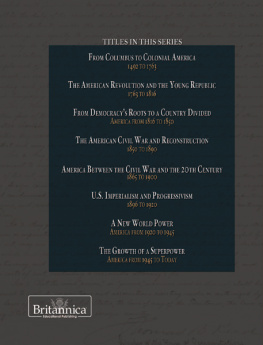2020 Joe Allen
Published in 2020 by
Haymarket Books
P.O. Box 180165
Chicago, IL 60618
773-583-7884
www.haymarketbooks.org
ISBN: 978-1-64259-217-7
Distributed to the trade in the US through Consortium Book Sales and Distribution (www.cbsd.com) and internationally through Ingram Publisher Services International (www.ingramcontent.com).
This book was published with the generous support of Lannan Foundation and Wallace Action Fund.
Special discounts are available for bulk purchases by organizations and institutions. Please call 773-583-7884 or email for more information.
Cover design by Eric Kerl.
Printed in Canada by union labor.
Library of Congress Cataloging-in-Publication data is available.
INTRODUCTION TO THE 2020 EDITION
Its been nearly four years since the original publication of The Package King. I self-published the book in 2015 after writing a series of articles on UPS for the now-defunct Socialist Worker. My goal then was to make a small intellectual contribution to the reform movement in the Teamsters, specifically at UPS, and to help put into context the upcoming 2016 Teamster election and the 2018 contract battle at UPS. I was happy with the book, but its up to others to judge whether it made the modest contribution I sought.
Ive always marveled at how few books have been written about UPS, despite it being, by my calculation, the nations first freight company and second only to the United States Postal Service as the countrys oldest logistics company. For decades, UPS has been one of the countrys largest employers and a ubiquitous presence in American life. It is one of the nations most politically powerful corporations, shaping legislation in every state capital in the past fifty states, right up to Congress and the White House. Today it is the largest private-sector unionized employer in the United States. Yet UPS doesnt get the attention that its massive size and influence would seem to warrant.
I worked for UPS for a decade, dividing those years between the old Watertown Hub outside of Boston and the Jefferson Street Hub in Chicago. But Ive deliberately avoided discussion of my work life at the company in The Package King. The reason for this is simple: I dont believe my particular work experience was fundamentally different from that of the millions of other workers who experience life inside the Big Brown machine. If there is something distinctive that Ive contributed to the writing of this history, its my socialist politics, which focus on the rank-and-file workers of UPS and the members of the Teamsters who work for change within the company.
Since the first publication of The Package King, Ive kept up my writing on UPS, the logistics industry, and the Teamsters. I covered the 2016 Teamster election, the 2018 contract, and the issue of racism at UPS, along with other important topics, in a series of published articles. Some of these articles are compiled in this books appendix. As the challenges facing logistics workers intensify, I hope that once again The Package King can make a small contribution toward the vital change necessary for workersand not only those at UPS.
Joe Allen, Chicago, 2019
2015 INTRODUCTION
TROUBLED OVER WORK
When you are in a tough spot, one that forces you to balance profit or expediency and doing the right thing, I hope you remember this simple message: Good ethics are good business.
Oz Nelson, former UPS CEO
Homicides committed by disgruntled current and former employees at the workplace are on the rise. That kind of killing was virtually nonexistent before 1980.
Fortune,August 9, 1993
Joe Tesney went to work for the last time on September 23, 2014. He put on his distinctive brown uniform and drove to the United Parcel Service (UPS) hub in Inglenook, Alabama, on the outskirts of Birmingham, where he and another eighty package car drivers worked. Tesney was forty-five years old, with a wife and two children, and had worked at UPS for twenty-one years, nearly his entire adult life. He parked his car and slipped past security. He specifically chose to enter the building at a time when most drivers, loaders, and clerks would be gone. The building was relatively empty except for a handful of drivers and supervisors who were in their offices. Tesney entered his supervisors office where he shot and killed two supervisors, Brian Callans and Doug Hutcheson, and then himself. Panic and chaos ensued. Dozens of police cars, ambulances, and other emergency vehicles descended on what had been just a few
Police spokesperson Lt. Sean Edwards told the media that UPS had fired Tesney in the past month and he had received his termination papers the day before the shooting. Edwards said Tesney was not expected to return to work because he was no longer employed there.
Why was Tesney troubled? What was his ongoing situation? How does someone like Joe Tesney, who never hurt anyone in his life, come to kill two supervisors and himself?
Brian Callans was in the wrong place at the wrong time on September 23rd. He was on vacation but fatally chose to make a quick stop at the Inglenook hub, where he met with fellow supervisor Doug Hutcheson. Hutcheson, according to one media source, had investigated alleged wrongdoing by Tesney in the past and had recommended his firing. Tesney stated that he mistakenly picked up the radiator during a stop at the company location. In September 2013, Jefferson County District Court Judge Jack Lowther ruled in favor of Tesney and UPS. That should have ended the issue for Tesney. But did it?
Soon after the Inglenook killings I talked to several former Teamster union representatives and stewards at UPS, and based on their experiences, they suspected that the lawsuit would have been a turning point in Tesneys relationship with UPS. They put him on the least best or shit list, waiting for the opportunity to fire him, while subjecting him to constant auditing and other forms of harassment, one former union rep said. A former union steward agreed: Ill bet you that [Tesneys supervisors] kept muttering under their breath, you see that guy? Hes the one that cost us that account. Was this the ongoing situation that Tesney talked to his pastor about? Tesneys lethal outburst may seem to have come out of nowhere, but some UPS insiders were actually surprised that an episode of the kind had not happened sooner.
RAGE IN THE WORKPLACE
The Inglenook incident follows a pattern of rage workplace killings that have become part of the American landscape. Mark Ames, in Going Postal: Rage, Murder, and Rebellion: From Reagans Workplaces to Clintons Columbine and Beyond, puts the blame squarely on Ronald Reagan: It all started with his reign and his revolutionspecifically, with his reckless mass-firing of the striking air traffic controllers [Professional Air Traffic Controllers Organization (PATCO)] in 1981. Several forces combined to turn the American workplace into a living hell for many workers: the frenzy of union busting, deregulation, the push for greater productivity, and drastic wage and benefit cuts that followed Reagans destruction of PATCO. Neoliberalism (a deceptively benign-sounding label for the destructive economic and political ideologies of the period) came to dominate the world and was embraced enthusiastically by US-based corporations, including UPS.

